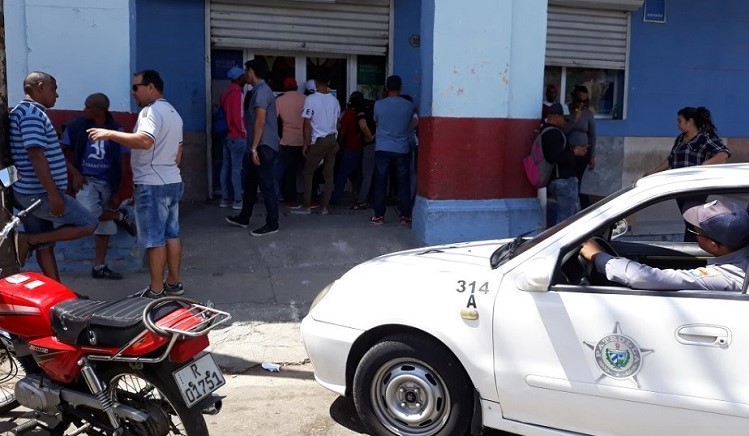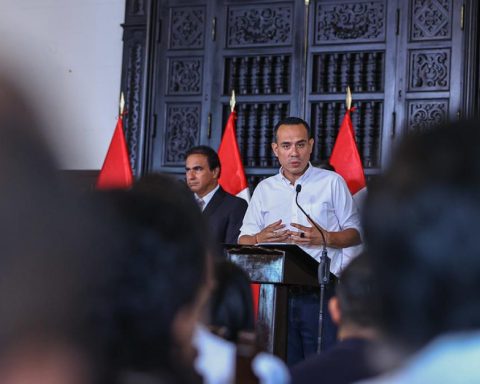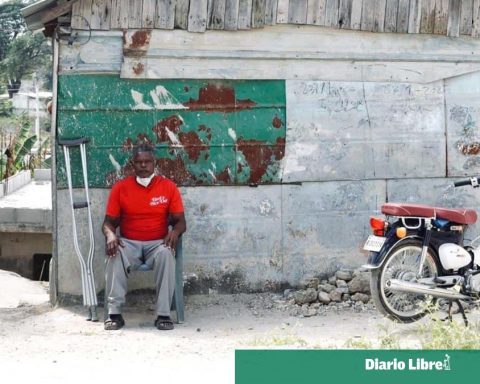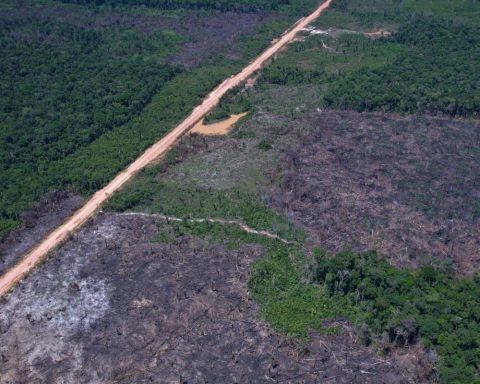Several entities have been reviewing their projections for 2023 and the team of BBVA Research delivered its forecasts for next year on Tuesday, for which the entity expects the Colombian economy to grow by 0.7% and 1.8% in 2024, “after a high dynamic in 2021 (10.7%) and 2022 (8.0%)”.
(See: BBVA and Bancamía will support families and MSMEs affected by winter).
The bank highlighted that, on average, domestic demand, especially private consumption and investment in machinery, will grow below the GDP in the next two years. Likewise, investment in civil works will remain strong.
BBVA He highlighted that private consumption has already been slowing down due to the moderation of the labor market and other financing flows and the higher interest rates and inflation.
(See: Latin America has potential in deglobalization, says BBVA).
According to Alejandro Reyes, the bank’s chief economist, there are a number of factors behind the slowdown, such as the labor market situation, “which saw a significant recovery momentum from last year after the pandemic, but now shows a slowdown that will likely continue through 2023”.
The second element, according to the economist, is less dynamic consumer credit. “Today we are with negative savings, that dynamic of saving to spend is over and therefore we will see less dynamics in consumption”indicated.
(See: BBVA and Claro form an alliance for the country’s education).
In addition, a lower increase in other sources of financing resources such as coffee and remittances, as well as a higher inflation and rates, which reduce purchasing power. “In addition, household savings that previously offset these negative effects were exhausted,” said.
Because of this, according to BBVA, “the economy will reduce its capacity to create new employment and this will be more concentrated in the informal sector, affecting the capacity for private consumption.” Among the estimates of the entity is that urban unemployment will be located at 12% by the end of next year, above the 10.5% with which it is expected to end 2022. For 2024 an increase to 12.5% is also estimated in urban unemployment in 2024.
inflation and rates
One of the issues that most concerns the economy is rising pricesand according to the entity, the inflation rate will be reduced from 2023, but at a more gradual rate than in previous cycles, which will influence the reductions in the interest rates of the Banco de la República “to also be progressive from the end of the next year”.
For 2022, the entity estimates that the variation in the Consumer Price Index (CPI) will close at 12.5%, and drop close to 7.3% in 2023 and 4.5% in 2024, still above the target range. of the Issuer (2%-4%).
(See: BBVA bank increases its sustainable financing objective).
As projected by the research entity, “inflation will follow a gradual path of deceleration from 2023, but it will still face some challenges in its moderation.”
Among the determinants for inflation that the bank identified is the devaluation that makes imported goods more expensive, the increase in minimum salary that will put pressure on inflation in the first half of 2023 and high indexation, which will be transmitted more easily in the first half of 2023.
By contrast, BBVA Research recognizes that lower growth in domestic demand will reduce inflationary pressures, especially in the second half of 2023.
BRIEFCASE


















